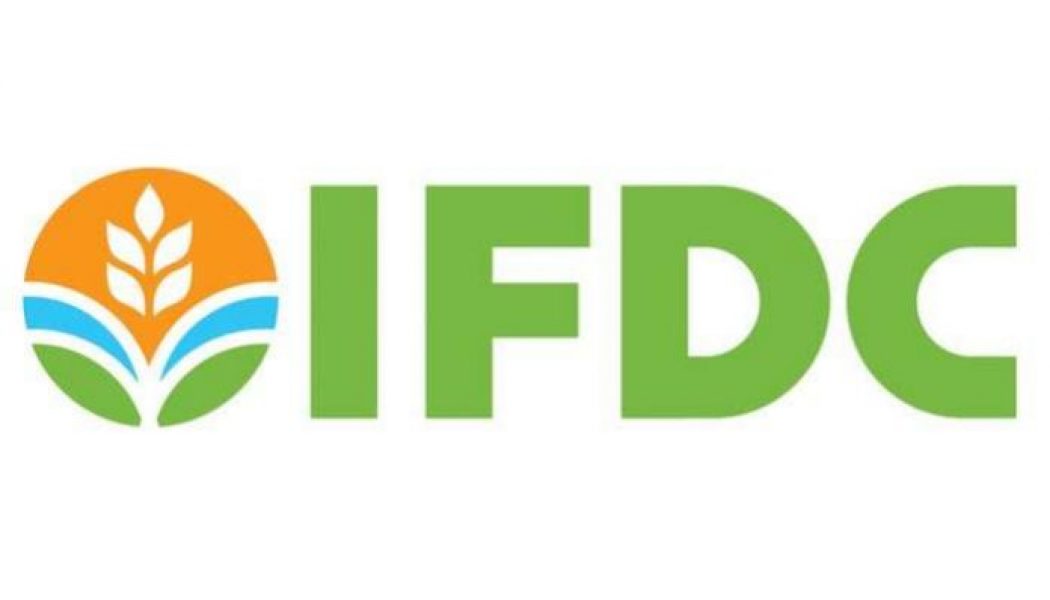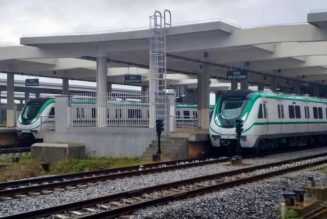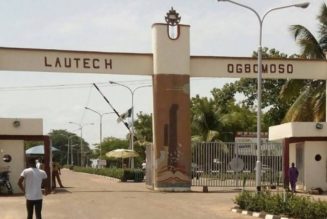
The International Fertilizer Development Center (IFDC) has signed a Memorandum of Understanding (MoU) with the ECOWAS Bank for Investment and Development (EBID) for the improvement of soil health and plant nutrition in West Africa.
The agreement will engender multifaceted programmes aimed at promoting growth and development of the agricultural sector in the West Africa sub region.
Though West Africa accounts for two per cent of global fertilizer consumption, fertilizer application rates in the region are still low due to logistical challenges, including reliance on imports that may or may not be appropriate for the various soils in the region.
IFDC is an independent non-profit organization, operating in 17 countries in Asia and Africa, which combines science-backed innovations, an enabling policy environment, holistic market systems development, and strategic partnerships to bridge the gap between identifying and scaling sustainable agricultural solutions, resulting in improved household food security and enriched family livelihoods around the world.
The MoU further advances the partnership between the West African Fertilizer Association (WAFA) and EBID.
In collaboration with the ECOWAS Agriculture Commission, EBID has been mandated by WAFA to structure and mobilize funding for soil health development in the region.
Under the agreement, IFDC will partner with EBID to support soil fertility mapping in ECOWAS countries and the rollout of the ECOWAS Agricultural and Investment Program. Moreover, IFDC and EBID will pool their resources to assist ECOWAS countries in their efforts to import fertilizers and inputs guided by the soil mapping programs, in order to sustainably increase farm productivity, profitability, and resilience of smallholder farming systems in West Africa.
IFDC’s Regional Director of North and West Africa, Oumou Camara, said: “We are pleased to continue to enhance our relationship with ECOWAS through this agreement.
“This collaboration represents a great step forward in assisting the smallholders of the region to access and apply appropriate fertilizers and inputs to contribute to regional soil health and secure a sustainable path to increase crop productivity, farm incomes, and food and nutrition security.”









